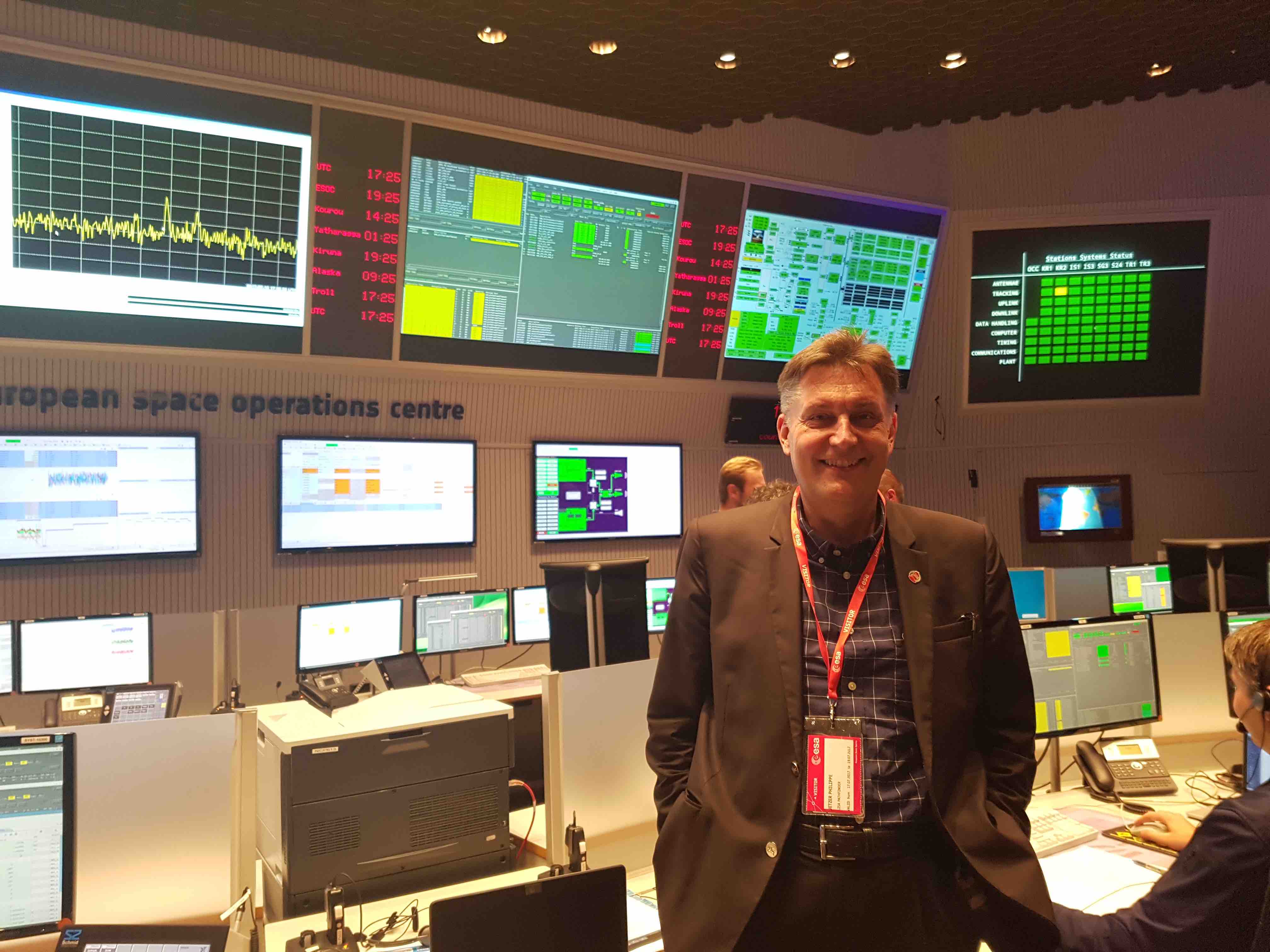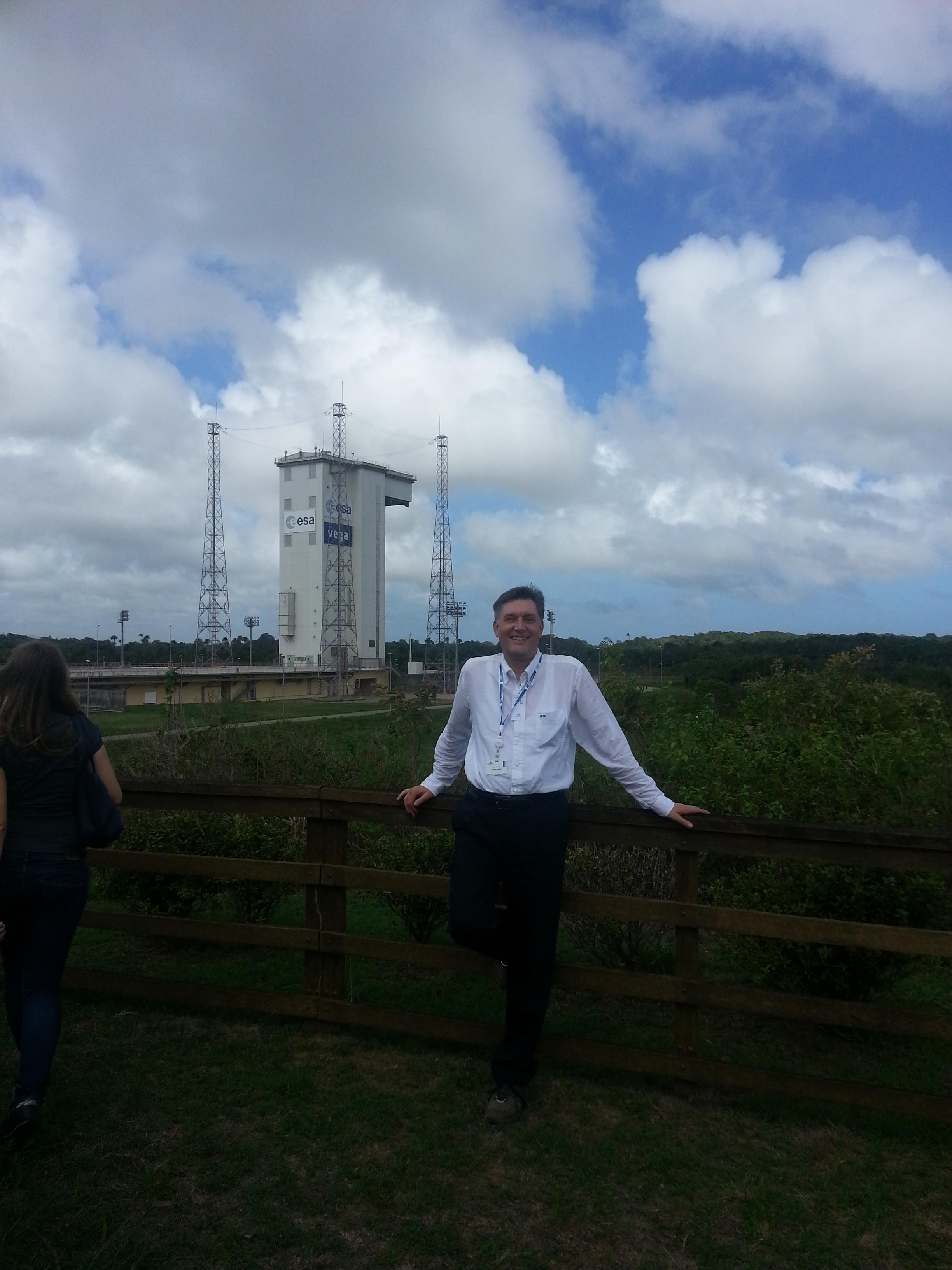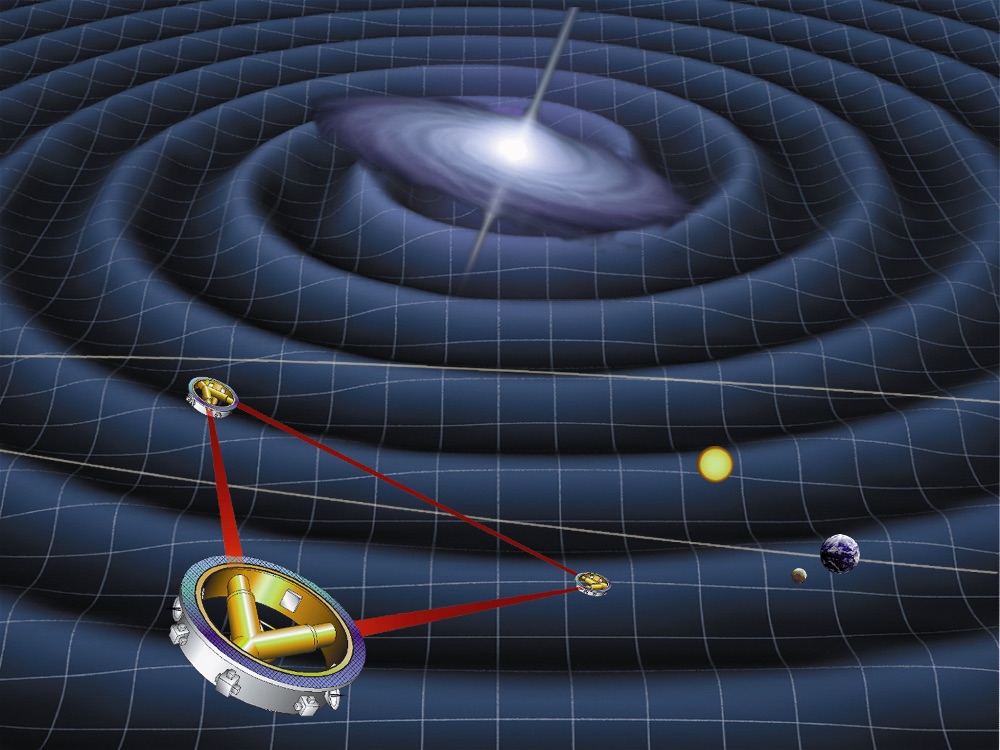Meet a Space Scientist: Prof. Philippe Jetzer
This month we have interviewed Philippe Jetzer, professor at the Physics Institute of the University of Zurich. His research focuses on a very hot topic nowadays, the detection of gravitational waves! Would you like to know more? Then read the full interview.


What is the main area of your research?
I work on gravitational wave astronomy, gravitational lensing and tests of Einstein's General Relativity (GR). There are still many open questions related to the GR theory, therefore one topic we investigate in my group is how to test further GR. We are involved in several international space projects, such as LISA and LISA Pathfinder as well as ACES (Atomic Clock Ensemble in Space), and in the Earth bounded gravitational wave detectors (LIGO and VIRGO). We are the only Swiss group involved in LIGO/VIRGO at present. We compute, within the framework of GR theory, the expected waveforms for different astrophysical coalescing black holes and compare them with the actual data in order to extract information such as mass and distance of the black holes.

What did bring you to the Space sector?
As a child, I was fascinated by the space activities, so I followed the launches of some Gemini and all Apollo missions, and of course the Moon landing. I started then also looking at the sky with different telescopes. This brought me to study physics and finally my passion became my job.
What do you like most about your job?
That I can work both on theory and observations. Observations are often difficult to get, but it’s through them that we can observe new phenomena and get inspired on how to improve theories or elaborate new ones.
What do you like most about Space?
That it allows us to make new types of experiments (thanks to the absence of gravity), which we could not do otherwise, and thus opens a new frontier for research in general, but also for our own one. For instance, tests of GR can be done best in space.
What would be the greatest achievement in the Space Sector?
For me LISA Pathfinder has already been a big success. I was present when on December 3, 2015, it was launched from the Guiana Space Centre in Kourou and it was very exciting. The mission results exceed the expectations and based on that ESA decided to go forward with the LISA mission, which was then joined soon by NASA. We even got the “ESA Corporate Team Achievement Award 2016” for the LISA Pathfinder mission. It was given to the collaboration on the 4th October 2017, precisely the day after the Nobel prize for gravitational waves had been announced (and 60 years after the Sputnik launch). Now, the future is with LISA, which should be launched in 2034 to detect gravitational waves in space and thus be complementary to the Earth bounded detectors.

In February 2016 the first detection of gravitational waves has been announced by LIGO and Virgo mission. What did it mean for you? What have been the consequences for your research?
For me this was a “magic moment”. Rumors about the discovery were going on since September 2015, but then it was definitively confirmed that gravitational waves had been at last discovered. People then also understood better the importance of LISA Pathfinder as we could just tell them that it was a first step towards a gravitational wave observatory in space which would be complementary to the Earth bounded ones. Moreover, the field of gravitational waves, on which I was already working since many years, suddenly became the center of interest for many scientists, for the media and for the general audience too. Since then, we have of course data and we can thus compare our calculations with them. I noticed also an increased interest by students to learn GR and their applications.
You are part of the UZH Space Hub: What do you think this will mean for you and your research?
It's an important support and I hope to improve my activity within the UZH Space Hub. This will be the case especially if a new space data center, as proposed, will be implemented, as it would more easily trigger new activities and collaborations.